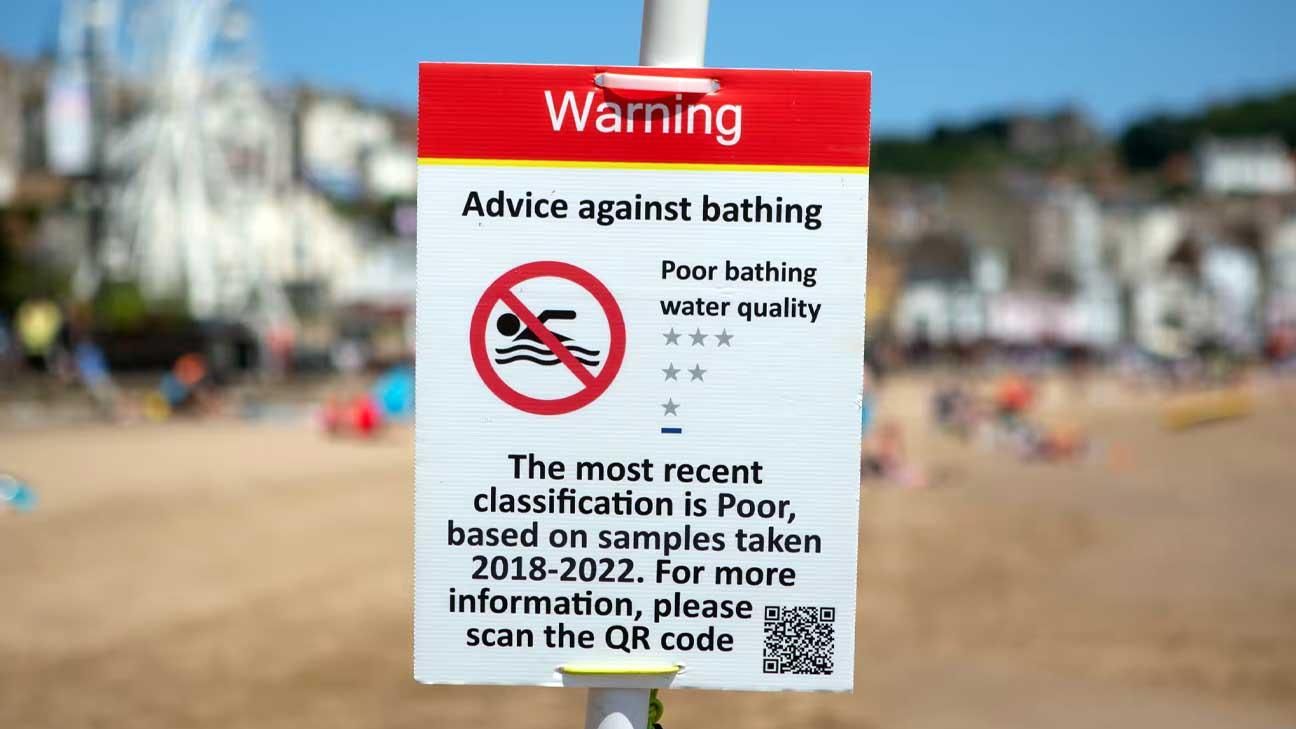A highly anticipated review has found that the UK water industry is plagued by “deep-rooted, systemic” issues caused by water companies, government policies, and industry regulators. However, environmental groups have criticised the review for lacking bold recommendations, especially regarding the growing sewage pollution crisis.
The interim report, led by Sir Jon Cunliffe—former deputy governor of the Bank of England and chair of the Independent Water Commission—concluded that no single, radical solution could resolve the sector’s deep problems. Commissioned by the government, the report highlights the erosion of public trust due to pollution, financial instability, mismanagement, and infrastructure breakdowns.
Campaigners were disappointed that the report didn’t propose decisive measures to address the crisis. This frustration was heightened by Thames Water's announcement that a major investment deal with U.S. private equity firm KKR had collapsed, casting uncertainty over the company’s future.
James Wallace, CEO of River Action, argued that the report lacked urgency and seemed more like an appeal to foreign investors and corporate executives than a call for systemic reform. He urged the commission to look to international models that prioritize public ownership and benefit.
Cunliffe’s mandate excluded consideration of public ownership, but he emphasized the need to reform both the industry and its regulatory system to attract stable, long-term investors willing to accept modest returns. He acknowledged years of interconnected failures across government planning, regulatory oversight, and the actions of water companies themselves, all of which must be addressed to restore public confidence.
He also noted that regulators like Ofwat and the Environment Agency had lost public trust, with overlapping responsibilities and regulatory gaps. The commission is now weighing whether to merge these bodies and shift economic regulation toward a more proactive, supervisory role to prevent future crises.
However, Liberal Democrat MP Tim Farron criticized the review for not going far enough, calling for the complete abolition of Ofwat, which he sees as central to the ongoing sewage scandal.
“It’s going to take more than a quick fix to clean up the water industry,” critics warned, urging the Independent Water Commission to clearly call for the abolition of Ofwat. The commission, led by Sir Jon Cunliffe, was established in response to growing public anger over record levels of sewage discharge and rising water bills.
Cunliffe stated he was considering recommending that the economic regulator be granted stronger powers to prevent water company owners from acting against the public good. These powers could include the ability to take control of companies and oversee ownership changes when necessary.
However, Giles Bristow, CEO of Surfers Against Sewage, criticized the interim report for offering only minor adjustments. “The pollution of our seas by sewage stems from a profit-driven system plagued by criminal negligence, underinvestment, and poor management,” he said. “While the report begins to acknowledge this, it fails to confront the core issue—profit at the expense of public health and the environment.”
He added that the final recommendations must transform the water sector to prioritize environmental protection and public well-being.
Richard Benwell, CEO of Wildlife and Countryside Link, echoed these concerns, saying the government should begin implementing critical reforms immediately to reduce pollution. “The evidence of failure is clear,” he said. “Leaders must stop hesitating and provide a decisive strategy for environmental recovery, including firm, enforceable water quality targets that apply across all sectors.”








.svg)



